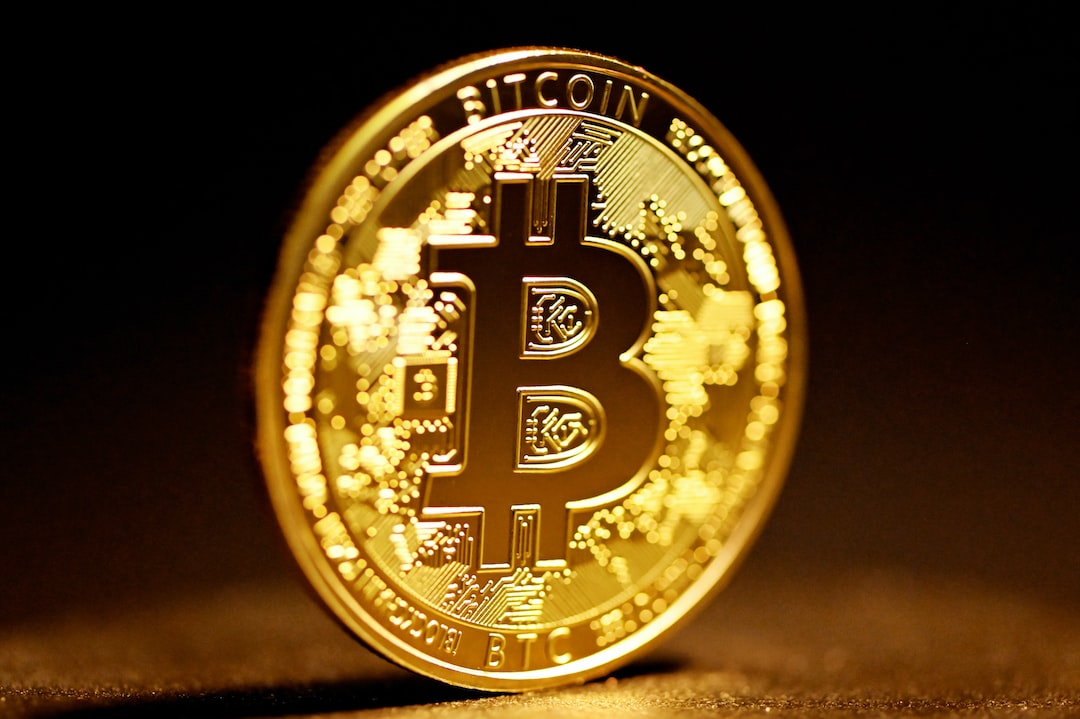The Bank of Canada Examines the Development and Regulation of DeFi
The Bank of Canada has released a staff analytical note that explores the growth of decentralized finance (DeFi) and potential avenues for regulating the wider market. The note, published on October 17, outlines the various stages of development in the cryptocurrency market, highlighting its benefits, challenges to traditional finance, risks, and potential impact on financial markets.
According to the report, crypto assets initially emerged as a payment system built on blockchain technology before expanding into other areas of financial services. By utilizing smart contracts and eliminating intermediaries, these assets have created a decentralized system capable of settling multiple transactions. However, major platform collapses and regulatory obstacles have caused significant price drops.
New Opportunities and Risks in DeFi
The rise of non-fungible tokens (NFTs), decentralized stablecoins, and other services has opened up new possibilities within the asset class. While this presents exciting opportunities, it also introduces new risks into the current market.
Bank of Canada Highlights Benefits of DeFi
The Bank of Canada emphasizes several advantages offered by DeFi. One key benefit is the composability of smart contracts, which enables companies to easily create new services by building upon existing networks. The open-source nature of code allows for collaboration and innovation among developers.
Additionally, DeFi provides increased service offerings, competition, and transparency compared to traditional finance products. Cross-border payments are facilitated between countries, and interoperability allows users to seamlessly navigate different platforms. By leveraging blockchain technology, DeFi can reduce frictions in financial markets and enhance transparency by removing corrupt intermediaries.
Risks in the Market and the Need for Regulation
While decentralized finance offers numerous advantages, it also poses risks to global financial markets. These risks include limited tokenization of real-world assets, high concentration, and the presence of unregulated centralized entities.
“Only tokenized assets can be recorded on the blockchain and interact with smart contracts. However, few real-world assets have been tokenized thus far, resulting in a self-referential system mainly focused on speculative crypto trades. The contribution to the real-world economy remains minimal.”
Furthermore, certain players in the DeFi sector remain heavily centralized despite claims of decentralization. This creates potential risks for stakeholders if not properly regulated. The collapse of FTX in November serves as an example of unregulated centralized players exposing vulnerabilities in the industry.
The Bank of Canada recommends implementing appropriate regulations across all channels to mitigate the activities of bad actors in the DeFi industry and their interaction with traditional finance. Canadian securities regulators have also clarified their stance on stablecoin regulation to ensure compliance without being classified as securities.
Hot Take: Striking a Balance Between Innovation and Regulation in DeFi
The Bank of Canada’s staff analytical note provides valuable insights into the development and regulation of decentralized finance. It acknowledges the benefits offered by DeFi, such as increased service offerings, competition, and transparency. However, it also highlights the risks associated with limited tokenization, concentration, and unregulated centralized entities.
To foster innovation while safeguarding financial markets, it is crucial to strike a balance between allowing for growth in DeFi and implementing adequate regulations. By doing so, regulators can protect stakeholders from potential risks while ensuring that the benefits of decentralized finance are fully realized.





 By
By
 By
By
 By
By
 By
By
 By
By